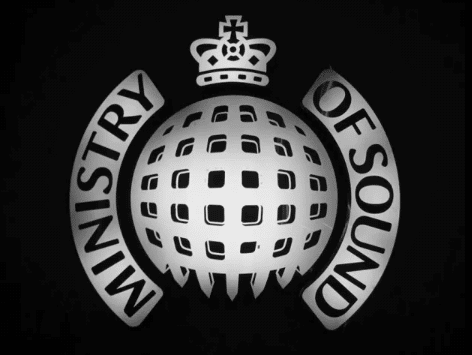
After this month having to abort sending warnings to 25,000 BT (NYSE: BT) broadband customers it suspected of illegally downloading its music, Ministry Of Sound is now trying to identify unauthorised use of its material in web videos.
The dance music brand has contracted MyVideoRights to commercialise its library of 1,000 videos by syndicating to portals like YouTube, Dailymotion and Facebook, where videos will bear ads. MyVideoRights will also try to track down unauthorised redistribution of MoS’ videos.
MyVideoRights CEO Ashley MacKenzie tells paidContent:UK…
“We use a variety of methods and tools to identify, locate and manage these assets – as well as YouTube’s Content ID, we also use Auditude, Audible Magic and others.
“We are not philosophically against ‘fans’ of content demonstrating their enthusiasm through distribution of video content. We do, however, feel that our clients should be able to take control and enjoy financial benefit from video content they own the rights to. We aim to claim IP and leave video assets in the public domain for fans to enjoy them.
“On the rare occasional we identify an asset that has been mistreated or has been made unsuitable for public consumption, we can take these down from platforms to protect the audience and the Rights Holder’s brand.”
YouTube’s ContentID programme can also let rightsholders place ads against “claimed” videos, from which they take a share of ad sales, and places links to iTunes Store from which viewers can buy the tracks and from which rightsholders also get a cut. MoS has already been doing this on YouTube.
In a premonition of the more formalised way Digital Economy Act measures will work, MoS had originally won a court order compelling BT to hand over details of customers MoS claims were breaching its IP rights. But BT won an injunction blocking the court order, and MoS has since claimed BT “failed to preserve” the data. MoS dropped the action.